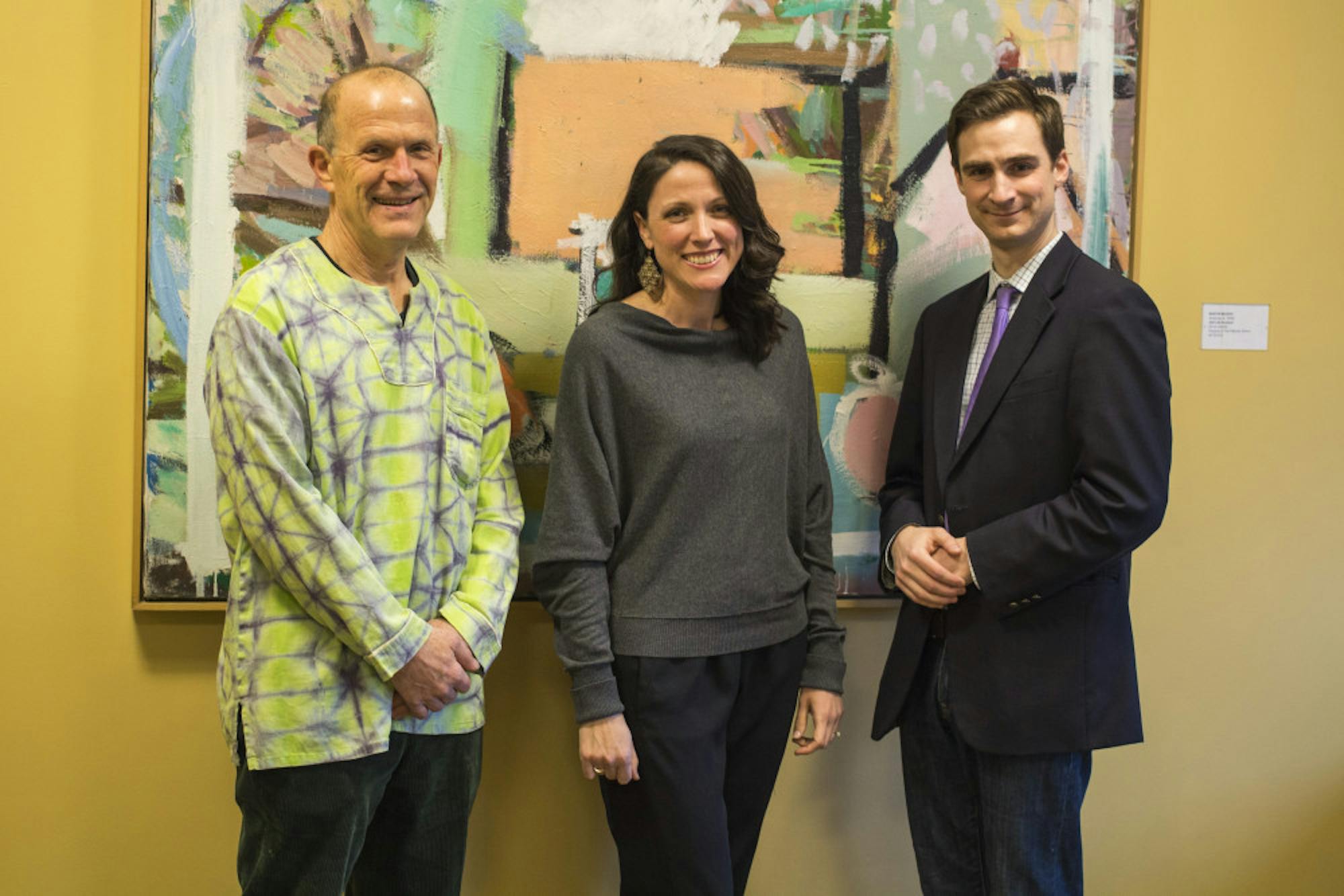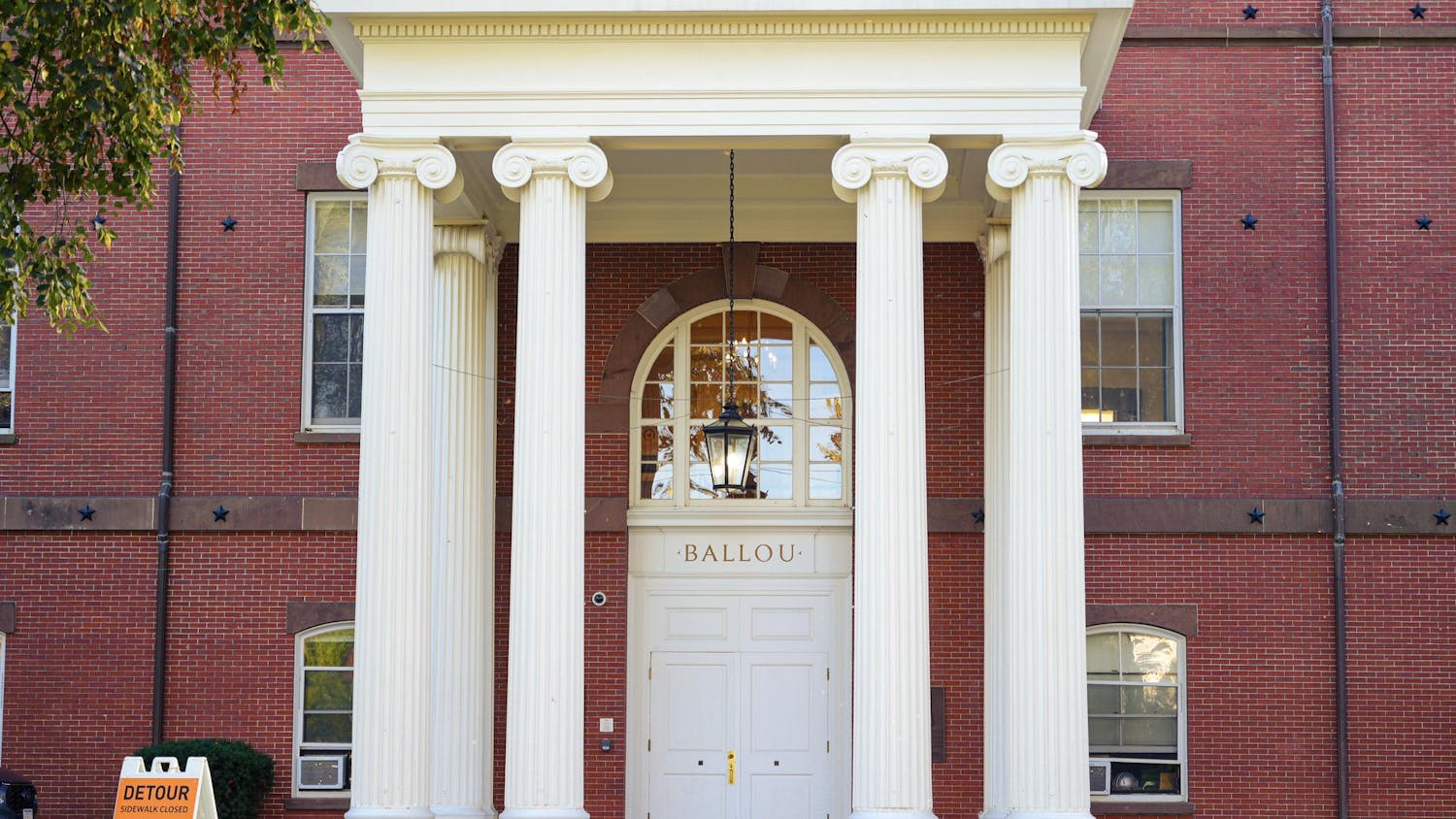The music department will offer a new major next fall, according to Chairman of the Music Department David Locke. Locke said the creation of the major, “Music, Sound, and Culture,” is part of an effort to adapt the department’s programs to changing student needs. The new major comes as a revision to a previous system in which a single undergraduate degree in music existed and there were not multiple majors within the department, Locke said.
Frank Lehman, director of Undergraduate Studies for the music department and assistant professor of music, explained that the creation of the new major arose out of a decision to re-evaluate the current state of the department.
“Over the years, there has been changing personnel in the music department, and the student body has continued to change in its interests and abilities,” Lehman said. “The time was right to consider what the music major is, what we want it to be and what students want it to be.”
Music department faculty say they hope that by broadening the music department's scope and incorporating new classes into the major, the introduction of "Music, Sound, and Culture" will inspire new students to consider pursuing music at a more rigorous level.
Melinda Latour, the Rumsey Family assistant professor in the humanities and arts and an assistant professor of musicology, described the introduction of the "Music, Sound, and Culture" major as a unique opportunity to engage more students than before.
“We’d like to see the energy that comes to us in all of our affiliated programs. When you look at all the students participating in music at Tufts, we actually reach a vast number,” Latour said. “What this opens up is an opportunity for students who want to study music in a liberal arts perspective.”
Latour said the decision to introduce the major next fall was unanimous across the department, and faculty are now preparing the major requirements and structure for next year’s students. The major will consist of 10 courses among three categories, according to Latour. Five of these 10 courses will comprise a concentration and two are reserved for free choice, according to a document explaining the major.
The major will encourage students to specialize and still experiment within the field, Latour explained.
“The mentality is that we have five courses — a concentration — that is thoughtful. If a student wants to work in the music industry, they can take a cluster of courses that gives them preparation both intellectually and practically for that,” Latour said. “Then, we have foundations and free choice. The idea behind that is we also want students to try something they have never tried before.”
In addition to attracting newcomers to the department, the music department faculty say they hope to meet the evolving interests and increasing requests for change of current students already engaged with the department, according to Lehman.
“Much of this move was student-initiated,” Lehman said. “The department takes student opinions seriously. We were able to put together a series of student recommendations from both students of the major this replaces as well as non-majors and synthesize those into what we considered feasible for new policy.”
Jake Zaslav, a student involved in the campaign to re-imagine the music major, described his motivation for advocating for change in the department. He said he and some students created a presentation to advocate for the changing of the old major.
“I got involved because I knew a lot of people including myself who felt that the music as it was did not cater to their interests and needs as students and as musicians,” Zaslav, a sophomore, told the Daily in an email. “Tufts has an amazing music department and I wanted to help change the major so that students could take full advantage of it.”
Among students and faculty in the department, there is a sense of excitement that "Music, Sound, and Culture" will better accommodate the diversity of musical interests at Tufts.
Locke outlined what he sees as the widening opportunities within the department and described how this new major will appeal to students desiring change.
“Because of the way our culture is set up, students might not self-identity as a musician if they haven’t had conventional experiences,” Locke said. “We wanted to get away from that and make our program more relevant to a bigger array of students.”
Music department to introduce new major 'Music, Sound, and Culture'

From left to right, Professor David Locke, Melinda Latour, and Frank Lehman, who all contributed to the creation of the new major, "Music, Sound, and Culture," pose for a portrait in the Granoff Music Center on Feb. 15.





